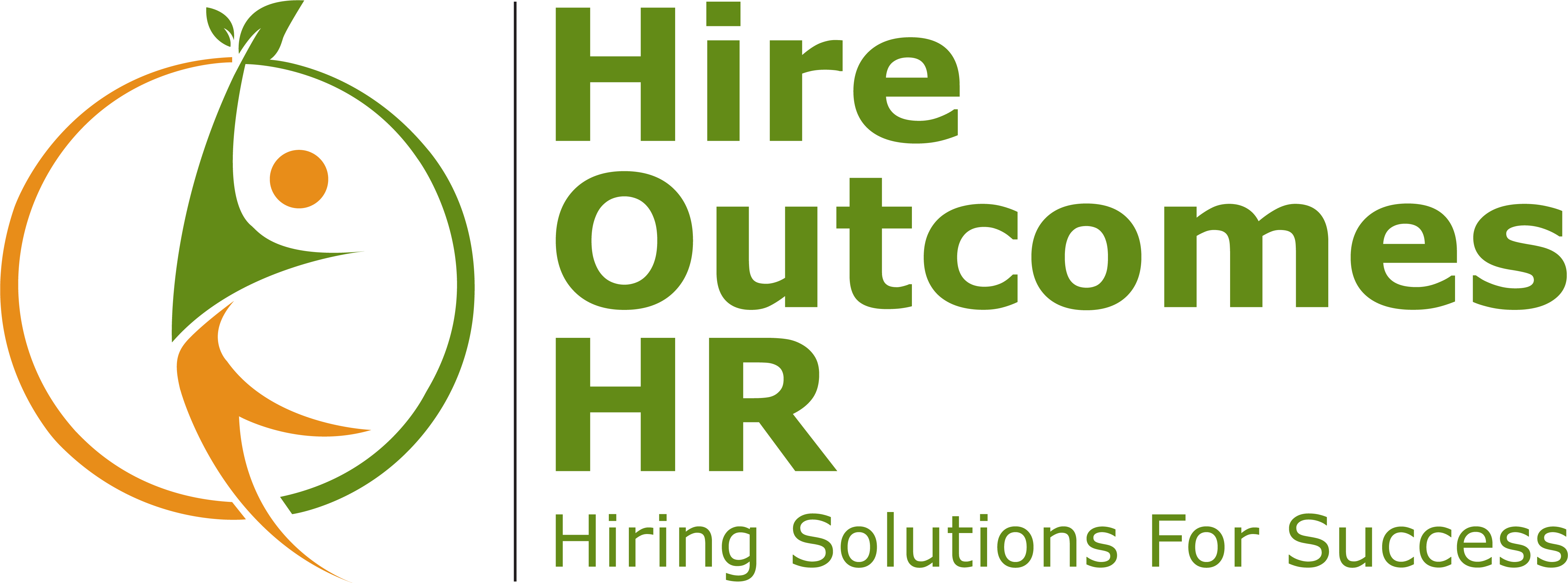Preparing for recruitment is important for employers and candidates.
This is a particularly tough environment for employers and candidates. As part of our preparation for launching Hire Outcomes HR, we interviewed employers/hiring managers and nurses, physician assistants, nurses’ aides, and nurse practitioners to get some perspectives about what is important to them.
Hiring Organizations
Steps hiring organizations can take to prepare for recruiting:
We have summarized some ideas below that employers could do to be ready to hire the best candidates, there are a number of steps that can be taken. Here are a few ideas that have been mentioned by experts.
1. Effective workforce planning: It is helpful to have a specific idea of when you will need to hire new employees and to try to get ahead of hiring urgency.
2. Get feedback from current employees and recent hires: it is helpful to validate the way you are presenting your organization in advertising by reviewing both pros and cons of your employer value proposition. It is helpful to read comments/reviews about your organization in social media and to get feedback from recent hires to see what they have found attractive about working there.
3. Determine if there are any changes you want to make to your positioning based on the feedback you have gotten from new hires.
4. Review your job descriptions, schedules and benefits to be sure you have a solid idea about what you can offer.
5. Prioritize the characteristics that are most important to the success of your organization, your other employees, and your patients or residents.
6. Block some time to be able to focus on your hiring efforts and prepare any participants in the interviewing and hiring process.
Job Seekers
Steps that candidates can take to prepare for their job search:
Job transitioning is not always easy. But there are some ways you can improve your odds of being hired. There are many ideas about ways to present yourself both virtually and in person that can be helpful to you. Here are a few we think are important.
1. Self examination is important. What are your values, your needs and priorities when it comes to your next role? You may want to review your past roles and employers and think about what you liked and disliked about your experiences. It is also important to think about the type of environment you want to work in. What types of people do you work best with? Are you trying to build your skills in a particular skill or experience? Document your thoughts so you can be clear and concise when communicating your goals to people you network with and with potential employers.
2. Knowing what you are looking for and understanding the market is also important. Review web sites of organizations you would like to work for and think about which characteristics are must haves and which ones are nice to have. It is helpful to study the types of organizations that you are interested in and review what they are saying is most important to them. You may want to look at reviews and feedback from others who have worked there. You may even want to network with people who have worked there to get some current feedback.
3. Networking with a wide range of people who have worked in similar roles is helpful.
4. Updating your social media pages to be sure you are portraying an accurate image of yourself and putting your best self forward in relation to roles you are seeking.
5. Create a daily activity goal to help you stay focused on your job search. Document and track feedback, you are getting and conclusions you have made regarding organizations. Be organized with the paperwork like applications, cover letters, resume versions you have created.
6. Prepare for interviewing by working with a friend to review your answers to common interview questions. You should create a series of examples of key results you have accomplished, that way you will be able to communicate these in behavioral interviews.
7. Take care of yourself to have a positive confident attitude. This means getting enough sleep, exercise, and support from your friends and trusted colleagues.

